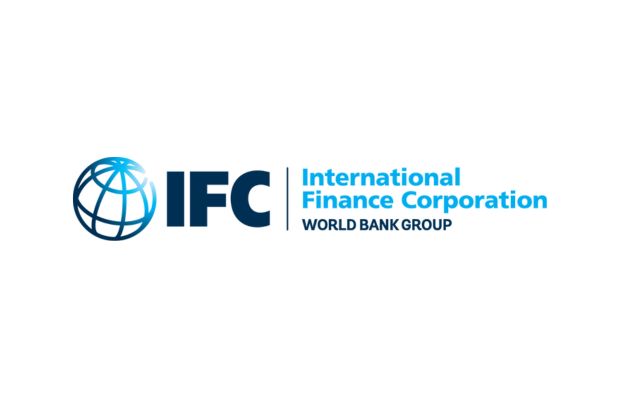Our Terms & Conditions | Our Privacy Policy
IFC Invests $400Mn To Support Bajaj Finance Climate Fundraising
Highlights :
- It also seeks to improve and expand access to climate finance for EVs and energy-efficient consumer goods, as well as to support women-owned microenterprises and micro-borrowers in India.
- EECG efforts are essential to climate change efforts, help cut emissions and contributes to overall decarbonizing efforts.
IFC
The International Finance Corporation (IFC), the World Bank’s private sector focused entity that offers investment, advisory, and asset-management services recently partnered with NBFC Bajaj Finance Limited (BFL) to invest $400 million. This is part of a $1 billion fundraising initiative by BFL. BFL raised IFC’s $400 million loan to expand financing options for customers buying EVs, including 2-wheelers, 3-wheelers, and 4-wheelers, and strengthen its presence in the Energy Efficient Consumer Goods (EECG) space. This partnership envisions to also enhance BFL’s capacity to fund and support more women-owned microenterprises and women micro-borrowers.
This initiative aims to boost climate finance and empower women in India by increasing competitiveness in the climate finance market, supporting the country’s climate goals, and promoting financial inclusion. It also seeks to improve and expand access to climate finance for electric vehicles (EVs) and energy-efficient consumer goods (EECG), as well as to support women-owned microenterprises and micro-borrowers in India.
Sandeep Jain, Chief Financial Officer & Chief Operating Officer of Bajaj Finance Ltd., said, “Responsible business practices, driven by our ESG principles, are foundational to how we do business. IFC’s funding of $400 million serves as a catalyst for diversifying our financing sources. With this, our outstanding climate loan volume stands to increase 4x, from over $150 million in 2024 to $600 million in 2027. This helps us promote the greater adoption of EVs and energy-efficient consumer goods, support more women-owned micro-borrowers, and contribute further to India’s inclusive, low-carbon future.”
Imad N. Fakhoury, Regional Director for South Asia at IFC, said, “Accelerating climate financing is crucial for India to meet its net-zero goals. IFC’s investment in Bajaj Finance will boost market competition, inspiring other NBFCs and investors to expand financing for energy-efficient solutions, e-mobility, and microfinance. Together with Bajaj Finance, a like-minded partner, we are fully committed to accelerating green growth for the country, while also empowering women and closing the gender gap.”
As India rapidly develops its energy sector, millions of households are expected to purchase new appliances, air conditioners, and vehicles. By 2050, demand for air conditioners is projected to rise nine-fold, significantly increasing greenhouse-gas emissions. The household appliances market in India is expected to reach $59.19 billion in 2024, with an annual growth rate of 7.35 percent.
EECG Provides Low-Carbon Growth Path
Against this backdrop, EECG aims to provide India’s low-carbon growth path, especially as households account for 26 percent of overall energy consumption and 25 percent of electricity consumption. EECG can help consumers save on electricity bills and support India’s goal of reducing emissions intensity by 45 percent by 2030. However, increasing awareness and understanding of EECG is equally essential. While India has a Bureau of Energy Efficiency-led Star Label program to rate the energy efficiency of consumer goods, adoption of EECG and financing remains limited. Only 26 percent of consumer goods requiring a mandatory star rating (except LED lamps) are rated as 5- or 4-star efficient.
Along with EECG, EVs are crucial to India’s decarbonization efforts, as transportation accounts for around 12 percent of emissions. EVs offer the potential to improve accessibility, increase incomes, and create jobs. Although EV adoption has grown, high financing costs and perceived risks remain barriers.
Supporting women-owned microenterprises and micro-borrowers is essential for India’s inclusive growth. Microenterprises make up 99 percent of the 63 million MSMEs in India, and most women-owned MSMEs fall into this category. Enhancing their access to credit can unlock immense growth potential and drive economic empowerment for women nationwide.
Images are for reference only.Images and contents gathered automatic from google or 3rd party sources.All rights on the images and contents are with their legal original owners.



Comments are closed.